Catherine Bracy’s Year in Books
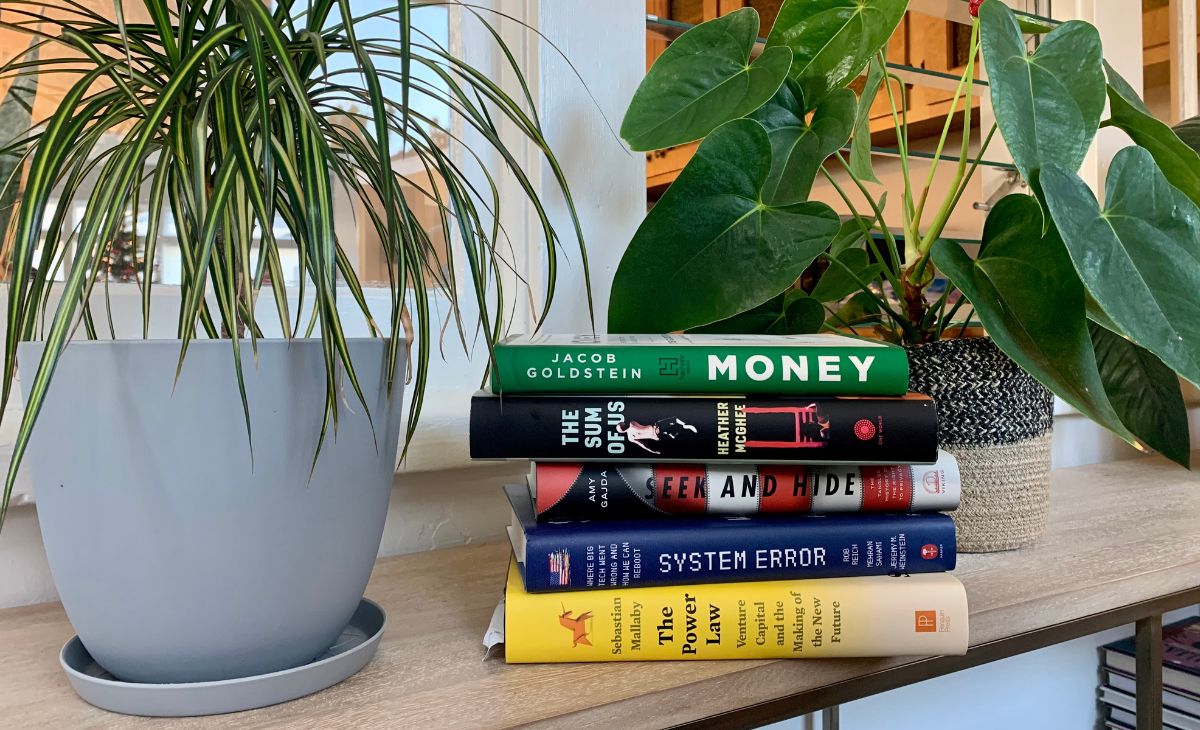
If there is a theme to my book recommendations this year it’s this: how do I understand what the heck is going on? 2022 was a year for picking my head up, taking a step back, and trying to see the bigger picture. It’s hard to do when it feels like there are constantly new inputs to be reacting to. But it’s important to keep perspective on why we do what we do at TechEquity. For me, these five books helped a lot.
If you want to reflect on the role tech plays in society, or take in new angles on inequity, here are five books that helped me think more clearly this year.
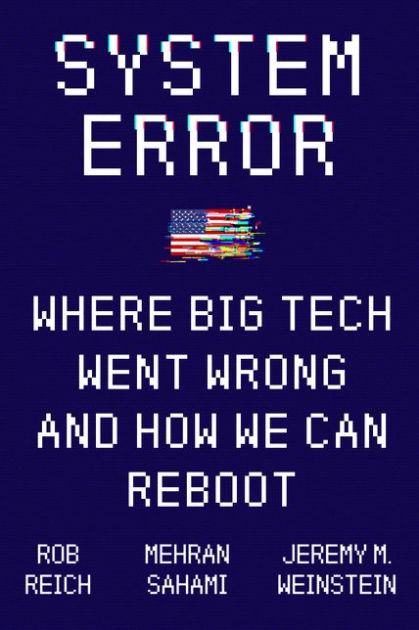
System Error: Where Big Tech Went Wrong and How We Can Reboot
The authors of System Error: Where Big Tech Went Wrong and How We Can Reboot, Rob Reich, Mehran Sahami, and Jeremy M. Weinstein, (all of whom are professors at Stanford) co-teach a continuing education class called “Ethics of Technological Disruption” which TechEquity’s Chief Program Officer Samantha Gordon took and raved about. System Error is something like the textbook for that class: a really good primer on responsible technology that helps set the foundation for all the work we do at TechEquity. I recommend it for anyone who cares about making sure tech and the tech industry is a net good for society, but who hasn’t necessarily been steeped in the ins and outs of tech policy for the last ten years. It’s very readable with some great anecdotes!
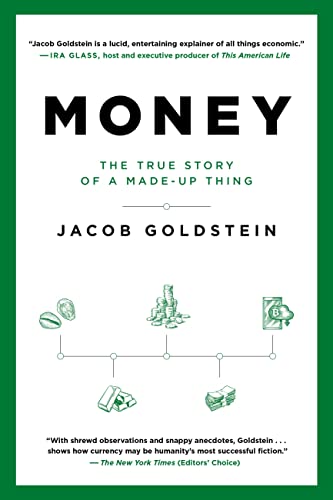
Money: The True Story of a Made-Up Thing
I spent a lot of this year trying to decide what I think about crypto and the blockchain, and the extent to which they may exacerbate inequality. In doing so, I realized I don’t actually understand how money—and the mainstream banking system—works. Money: The True Story of a Made-Up Thing by Jacob Goldstein was exactly the education I needed. It concretizes a theoretical concept that most of us take for granted and helped me develop a better point of view about crypto, the blockchain, and their promises/perils. It’s also wildly entertaining, the kind of book you can’t help but bring up at dinner parties. It reads like an episode of Planet Money, of which the author is a co-host, and made me feel smart and equipped to have intelligent conversations about crypto—a must in these times!
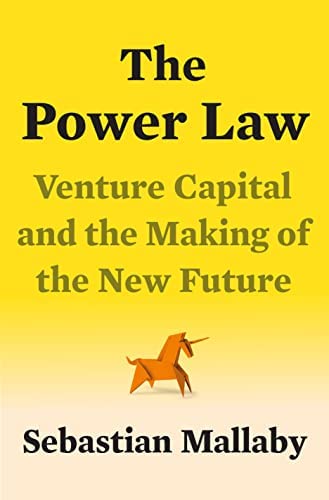
The Power Law: Venture Capital and the Making of the New Future
In addition to crypto, I spent A LOT of time thinking about venture capital for a book project of my own (more on that soon). The Power Law: Venture Capital and the Making of the New Future by Sebastian Mallaby isn’t the juiciest read, but it sure is a well-researched and informative account of the history of venture capital that gives exquisite insight into the culture of the industry. If you want to understand why tech is the way it is, you need to understand the economic system that underlies it. The Power Law gives an insider view of the mindset that made tech what it is today.
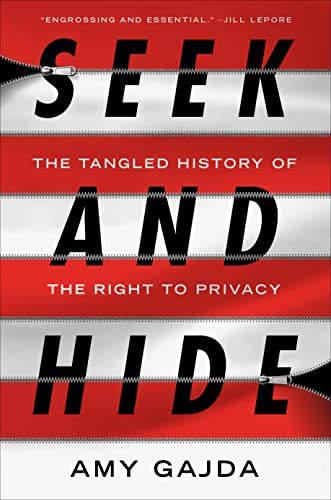
Seek and Hide: The Tangled History of the Right to Privacy
I don’t know about you, but privacy is one of those important policy issues I know I should understand but find completely inaccessible. Seek and Hide: The Tangled History of the Right to Privacy by Amy Gajda changed that for me. It’s a thoughtful, compelling, and smart account of an idea that is central to American history and culture. And of course, it has much greater implications in the age of the internet. Seek and Hide was named one of the New York Times Notable Books for 2022, and we were honored to host a conversation with Gajda this past fall which you can watch here!
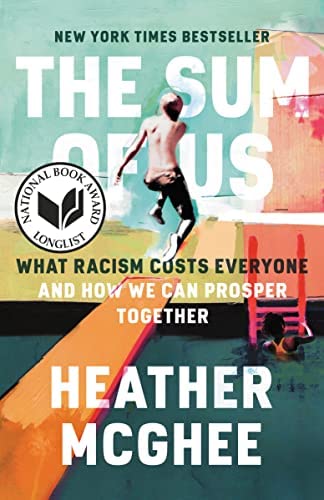
The Sum of Us: What Racism Costs Everyone and How We Can Prosper Together
Heather McGhee is a modern-day hero of mine, and her 2021 book The Sum of Us: What Racism Costs Everyone and How We Can Prosper Together is one of the most important books of the decade. It does an impeccable job of laying out an obvious but unarticulated truth about American society: that anti-Black racism hurts all of us, not just Black people. Overcoming our racist history is imperative for everyone in society to thrive, and the work to do so is everyone’s work. Like The Color of Law which I read in 2016, this is one that I will go back to over and over again.
Want to learn more about tech’s impact on our communities and economy? Sign up for our mailing list to get weekly updates on our educational events with authors like these and more.
